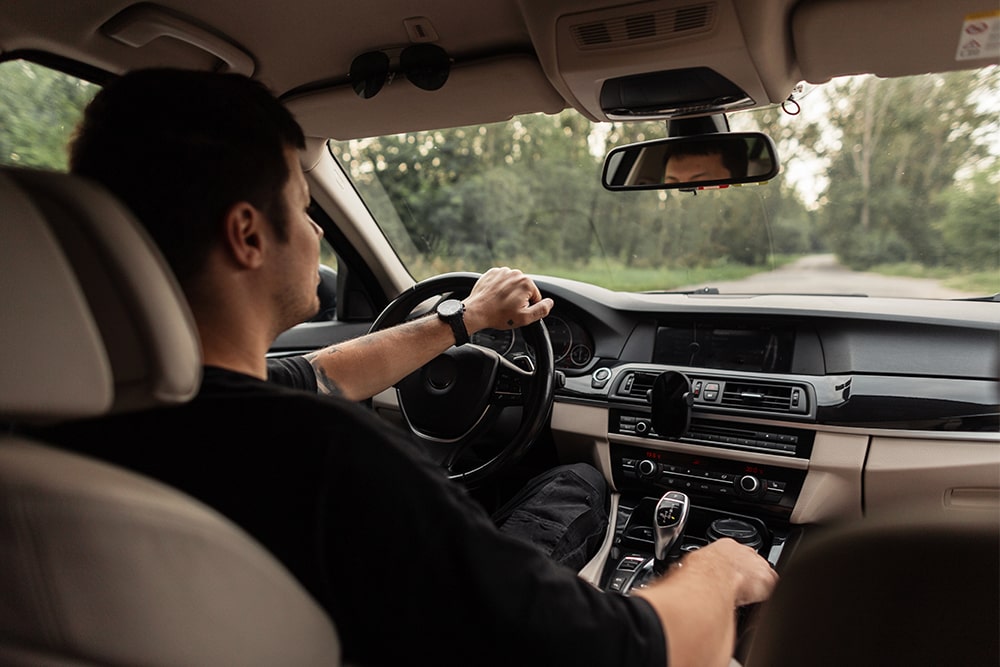
As concerns about climate change and environmental sustainability rise, governments around the world are looking forward to using carbon taxes as a weapon to reduce carbon emissions and encourage environmentally responsible behaviour. These taxes will immediately raise the price of fuel in many locations, meaning that consumers will pay more at the pump. To lessen the impact of carbon taxes on fuel prices, drivers must drastically change the way they drive. By gaining knowledge about the connections among driving habits, fuel usage, and carbon emissions, individuals can proactively lower their carbon footprint, save money on fuel, and ultimately contribute to a more sustainable future. This blog will guide us of the driving skilfully and Saving Money: strategies for avoiding the carbon price.
Driving more fuel-efficiently can lead to lower emissions and, consequently, less carbon tax responsibilities because carbon taxes are often calculated based on the amount of carbon dioxide released when fossil fuels, like petrol, are consumed. To mitigate the impact of the carbon tax on fuel prices, consider the following driving strategies:
Adoption of Fuel-Efficient Automobiles:
Purchasing fuel-efficient automobiles, such as hybrids, electric vehicles (EVs), or cars with high fuel economy ratings, can significantly lower carbon emissions and fuel consumption. Even though these cars would cost more upfront, they may save a lot of money over time on fuel costs and carbon taxes
Keep Your Speed Steady:
When driving, steer clear of sudden stops and acceleration by keeping your speed constant. When driving on a highway, use cruise control to help you stay on course and save gas. You may maximise fuel efficiency by driving at moderate speeds, which are usually between 80 and 90 kmph. Increased air resistance and fuel usage at greater speeds result in increased carbon emissions and higher petrol prices.
Avoid Idling:
To cut down on wasteful fuel use and carbon emissions, switch off your engine when you stop for a long time. Compared to idling for longer than a minute, restarting your engine burns less fuel.
Plan Efficient Routes:
Whenever possible, design your routes to go the least amount of distance and avoid traffic. With the use of GPS navigation apps that provide real-time traffic updates, you can locate the most convenient and shortest route. If you have to stop by at multiple places plan a route that will cover the spots you wish to visit. Combining trips can help you save gasoline and reduce the amount of kms you drive by combining several errands or tasks into one trip. Preparing ahead of time and consolidating tasks can assist cut down on gas consumption and carbon tax obligations.
Maintain Your Car:
It is wise to maintain your vehicle and go for timely vehicle service. You may lower carbon emissions and increase your car’s fuel economy by performing routine maintenance such as air filter replacements, tyre rotations and oil changes. A well-maintained car uses less gas and runs more smoothly.
Lighten Your Load:
To increase fuel efficiency, remove any extraneous objects from your vehicle such as roof racks or large amounts of cargo. Excess weight raises fuel consumption, which drives up the price of gas.
Employ Eco-Driving Strategies:
Employ eco-driving strategies by predicting traffic patterns, coasting to a stop, and accelerating gently. If you are learning driving or planning to learn driving then your trainer will surely discuss eco-driving strategies.
Travel smartly:
It is not always wise to pick up your vehicle for anywhere you have to go. Make a smart decision, you can walk for short distances if possible, otherwise, you can opt for other ways too. Examine substitute modes of transportation including carpooling, public transportation, cycling, or walking can help minimize dependence on gasoline-powered automobiles. Individuals can save money on fuel and also contribute less to the carbon levy by cutting back on their gas usage.
You can lessen your carbon footprint by adopting the above-mentioned ways. You need to depend less on gas and lessen the effect of carbon taxes on gas costs by driving more sustainably and implementing sustainable transportation habits. In the long run, these efforts not only help people save money on gasoline bills but also contribute to environmental sustainability.
Benchmark is equipped with a team of skilled trainers who not only teach you driving but also make your learning process a smooth and memorable experience by guiding you more on fuel efficient strategies with their real life applications which will ultimately save your money and environment.


